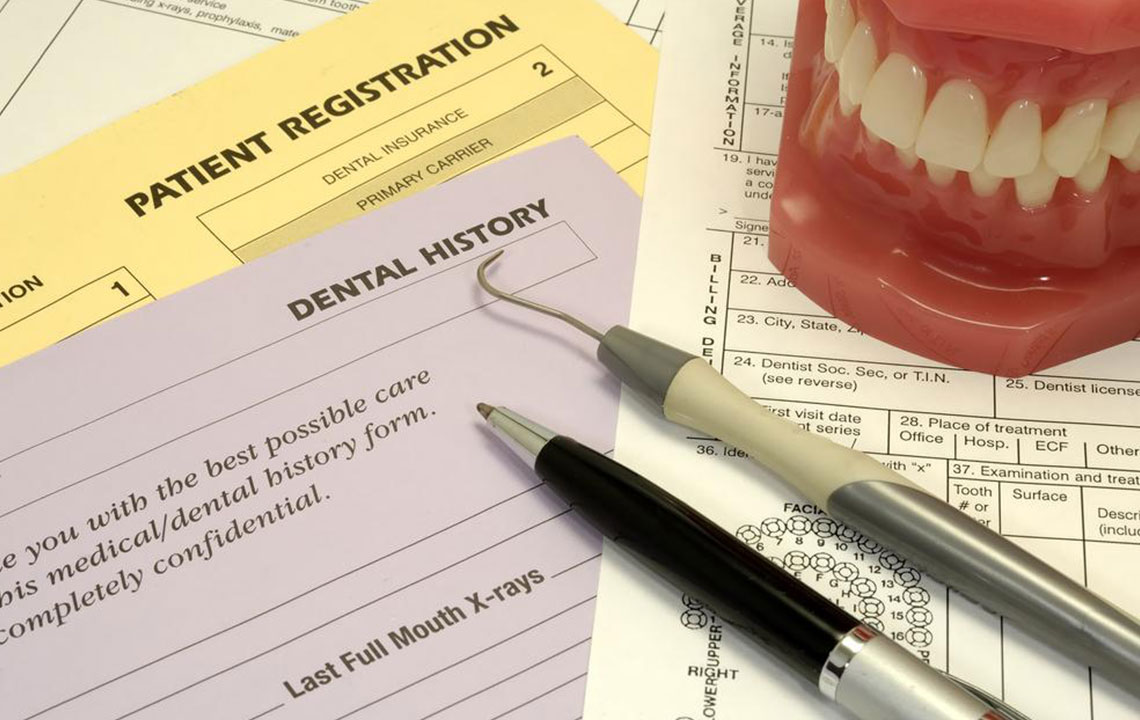Comprehensive Guide to Choosing the Perfect Dental Insurance Plan for Your Needs
This detailed guide explores various dental insurance plans, including PPO, HMO, discount, and indemnity options, helping you choose the best coverage for your oral health needs. Learn about costs, provider flexibility, and plan features to make an informed decision that saves money and ensures quality dental care.

How to Select the Most Suitable Dental Coverage for You
Understanding dental insurance options can be complex, especially considering that Medicare, the primary health coverage for seniors in the United States, generally does not include routine dental services such as tooth extractions, root canals, fillings, or regular cleanings. As dental health becomes increasingly emphasized and dental treatment costs continue to rise, having the right dental insurance plan is more important than ever. Selecting an appropriate plan can help alleviate financial burdens and ensure access to necessary dental care.
In this comprehensive guide, we will examine the various types of dental insurance plans available, their features, and the associated costs. This will help you make an informed decision that aligns with your oral health needs and budget.
Firstly, understanding the common types of dental plans is crucial. Each plan type offers different benefits, provider flexibility, and cost structures, so it’s essential to find one that suits your dental care needs and financial situation.
PPO (Preferred Provider Organization) Plans: These plans give you the freedom to visit any dentist, but they offer the highest benefits and lowest out-of-pocket costs when you choose in-network providers. PPO plans typically involve paying a copayment at each visit, deductibles annually, and they often come with a maximum annual coverage limit. The advantage is flexibility, making PPO plans suitable for those who prefer a wide range of dentist choices.
HMO (Health Maintenance Organization) Plans: HMO dental plans usually operate on a prepaid basis, allowing access to a network of dentists with fixed copayments. These plans often do not have deductibles or annual maximums, which makes predicting costs easier. However, visiting out-of-network providers generally results in no coverage, emphasizing the importance of using network providers. HMO plans are ideal for individuals seeking affordable coverage without the need for significant flexibility.
Discount Dental Plans: If flexibility and lower costs are priorities, discount plans may be appealing. They provide reduced rates at participating providers but do not have the network restrictions typical of HMO plans. Instead, they require patients to pay the provider directly, with discounts applied to services. Although these plans do not cover services directly, they can lead to significant savings on dental procedures, especially for those without extensive dental needs.
Indemnity (Fee-for-Service) Plans: These plans offer partial reimbursement for dental procedures, allowing patients to visit any licensed dentist. Policyholders typically pay out-of-pocket upfront and then submit claims for reimbursement, which are usually a percentage of the total cost. Indemnity plans are valued for their flexibility but might involve higher upfront costs and less predictable expenses. They are suitable for individuals who prefer visiting any dentist without restrictions and are okay with managing their reimbursements.
When choosing a dental insurance plan, consider your specific dental health needs, the costs involved, and your preferred provider options. For instance, individuals with ongoing dental health issues may benefit from plans with lower Deductibles and annual maximums, while those seeking basic coverage may prioritize affordability.
Additionally, assessing the dental providers' network, the coverage for major procedures, preventive care benefits, and the total annual costs will help you select the most suitable plan. Comparing various plans and understanding their fine print can prevent surprises down the line.
In conclusion, choosing the right dental insurance plan involves evaluating your dental care needs, understanding different plan types, and comparing costs and benefits comprehensively. Whether you need preventive care, major dental work, or a balance of both, there is a dental plan that can provide the coverage you require while fitting your budget.





